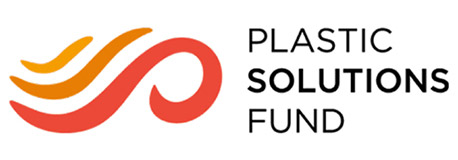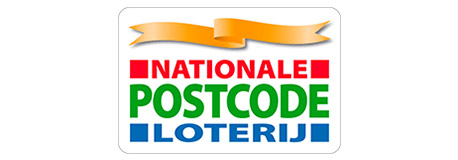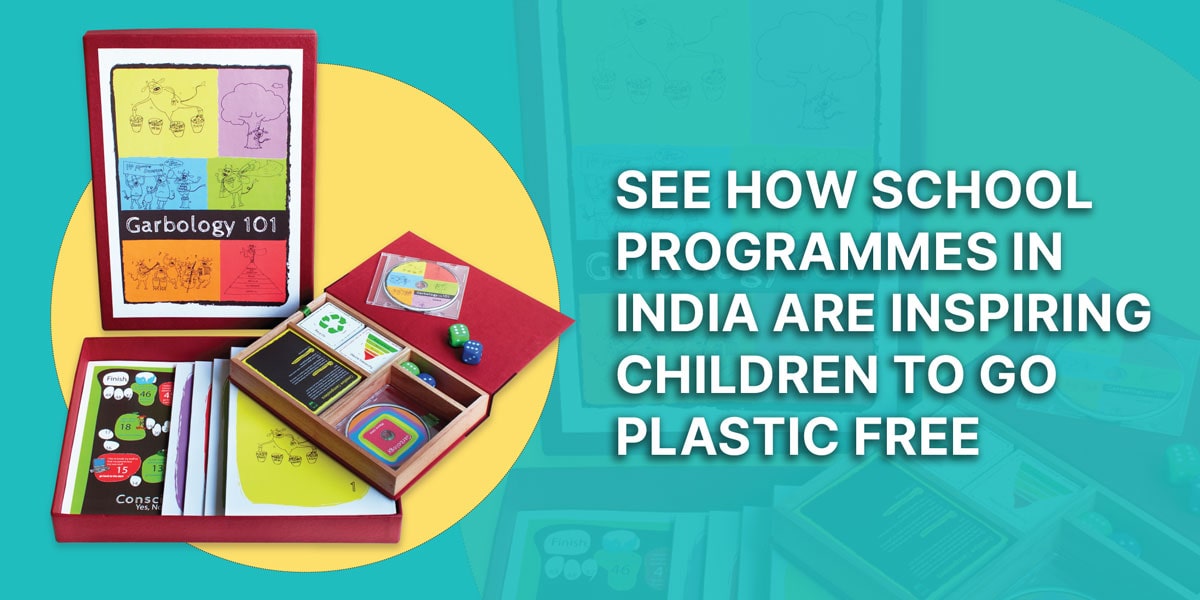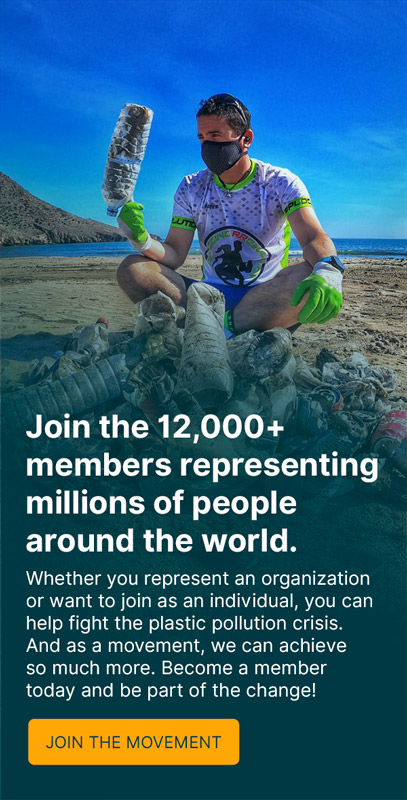Even if plastic is blatantly problematic, educators are also concerned with the extra work needed to implement the plastic discussion on the school curriculum. And that’s why Wasteless, a Break Free From Plastic core member, created Garbology 101, an interactive activity-based educational toolkit.
Garbology 101 consists of an innovative teacher’s guidebook which introduces elements of climate change, pollution and health impacts to the school programme. With 101 multi-intelligence activities, these toolkits aim to empower students to collectively act for a better future.” That was really our inspiration to educate children because they can change their behavior the fastest and they can inspire change at home. So as teachers, you have access to this incredible target audience that has the potential to change the world. And so that inspired us.” explains Ribhu Vohra, one of the developers of Garbology 101.
This toolkit was launched in 2012, and now is being used by 50,000 students in 50 schools across India. “We also find that kind of trying to make it project-based so if you are learning as a teacher, you're going to be teaching students about the environment, about the planet Earth, about the ocean, water or animals.”, Ribhu says.
“And of course, the goal” Ribhu explains, “is not that this subject becomes something stand alone and becomes extra work for teachers and another class with more kind of pressure on the young minds, but that we integrate this important science, fulfill this need with the current education”. As an example, Ribhu says that this material could complement the English, Math, Arts, and Science curriculum.
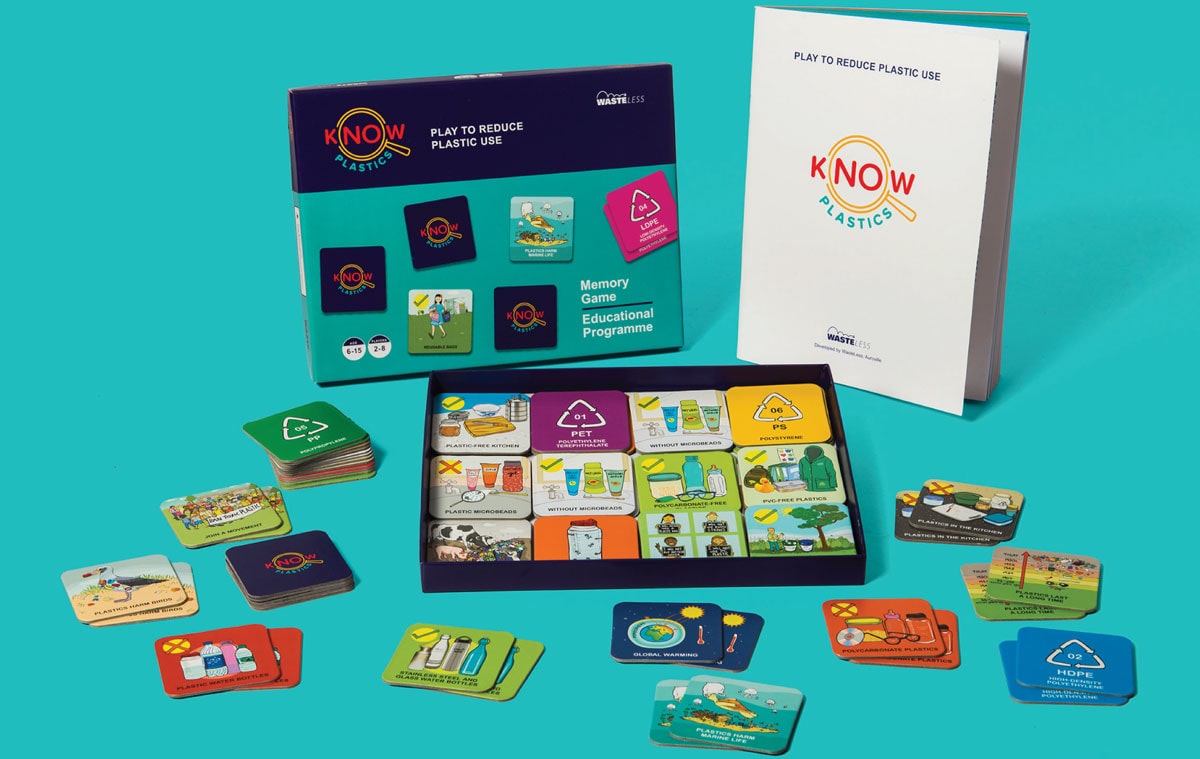
In 2017, Wasteless launched the Garbology Lite, a free to download and revisited version of the toolkit. The content of this is divided into 13 activities, and it is available in English and Tamil.
“And this is how education should be, where we are introducing these themes, we are bridging that gap, adding this education into the curriculum that you're teaching”, says Ribhu. “Of course this does amount to the most work because you need to read the content and then map those gaps and see how you can fill them. But it's one that I think has the most potential to bring large-scale change.”
Are you a teacher and want to learn more about how to integrate Plastic-free Education Curriculum into your own lesson plans? Break Free From Plastic is launching their first ever training program for educators.
Sign up for the launch on September 30th, 2022, 4pm Manila. Open to educators globally
Sign up for the training program
Sources:
Wasteless India. Available at: https://wastelessindia.org/
Author's bio: Rafael Eudes is a Chemical Engineering student of the Federal University of Rio de Janeiro, member of the Circula CT and ReUni organizations, and a BFFP youth ambassador.
Break Free From Plastic Youth and BFFP Plastic-free Campuses is supported by:
